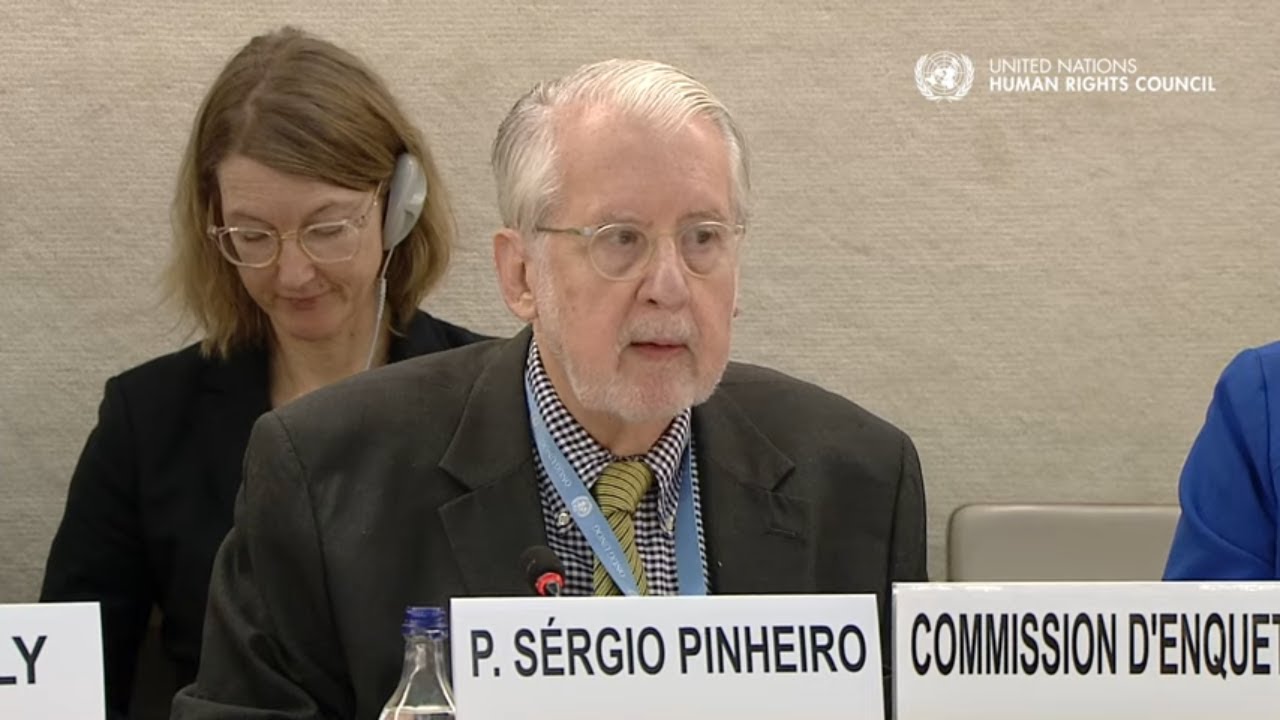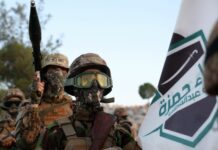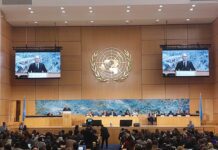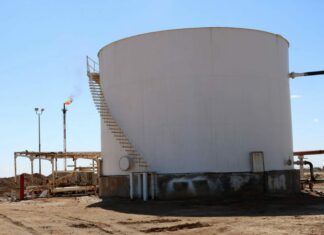
The Independent International Commission of Inquiry on Syria said it concluded its first field visit to Suwayda Governorate, where clashes between Druze and Bedouin communities left hundreds dead and displaced an estimated 200,000 people. In a statement published Tuesday, the commission expressed “deep gratitude for the access and facilitation of the mission,” adding that it hopes to conduct further visits “to affected communities and areas, provided access and the necessary conditions to continue its work.”
The commission, which operates under the mandate of the United Nations Human Rights Council, confirmed that it gathered testimonies from survivors, witnesses and local leaders about alleged violations of international humanitarian and human rights law. While its investigations remain ongoing, preliminary recommendations have been shared with Syrian authorities and relevant stakeholders to address what it described as “pressing human rights concerns.”
The commission also denied circulating false information about the visit, cautioning against “rumors spread on social media.” It reaffirmed that it does not issue results before concluding investigations, directing potential witnesses to official channels listed on its website.
Domestic Committees Halt Amid Disputes Over Authority
Inside Suwayda, the self-styled “Supreme Legal Committee” announced a suspension of its local and subcommittees pending clarification of their mandates. The body, established under Druze Sheikh Hikmat al-Hijri, had previously formed an executive office and subcommittees to manage relief, investigations and security matters in the province.
The committee’s decision reflects growing tension between local militias and the transitional government, which has rejected the group’s claim to legitimacy. Governor Mustafa al-Bakkour told Syrian News Agency (SANA) that the entity “is not a legal committee in the first place,” stressing that official assignments are issued solely through government channels. Instead Bakkour praised the tripartite agreement, the “Suwayda Roadmap” to stabilize the province, calling it “a savior for the province” and urging all parties to abide by its terms to prevent renewed violence.
UN Urges Accountability and Institutional Reform
Speaking to the Human Rights Council in Geneva on September 23, commission chair Paulo Sérgio Pinheiro called on Syrian authorities to address the root causes of violence and “restore trust between the state and affected communities.” He warned that the failure to reconcile conflicting visions for Syria’s future could “plunge the country into a long-term conflict.”
Pinheiro acknowledged the Syrian transitional government’s cooperation with the commission and noted pledges by Justice Minister Mazhar al-Wais to ensure judicial oversight of arrests and family contact for detainees. The minister also reiterated his call for a moratorium on executions ahead of abolishing the death penalty.
While the commission welcomed the formation of an independent Syrian body to pursue accountability, Pinheiro urged transparency in prosecuting those responsible for extrajudicial killings and other violations. He cited continued instability across Syria, including Israeli airstrikes and renewed clashes in the north, as evidence of the fragile peace process. “The Syrian people deserve real justice that restores their dignity,” Pinheiro said, calling on the international community to sustain support for ongoing investigations and reconstruction efforts.








